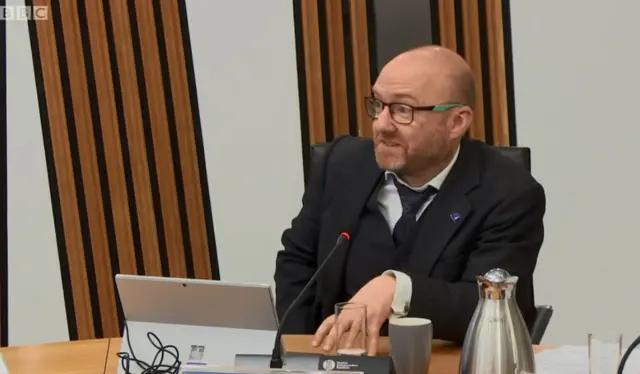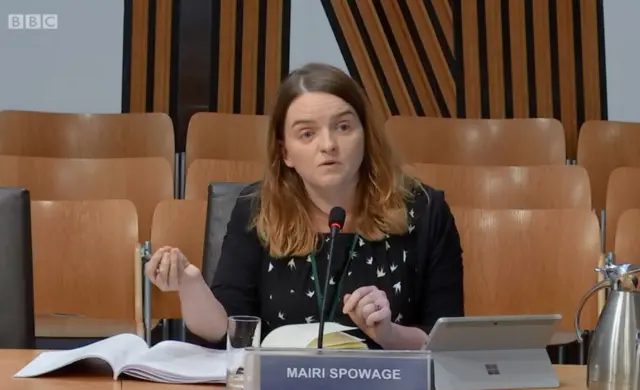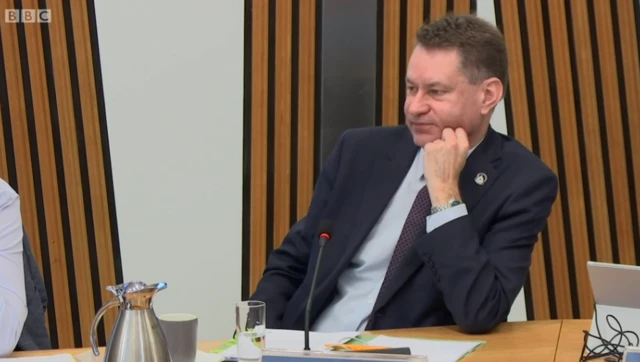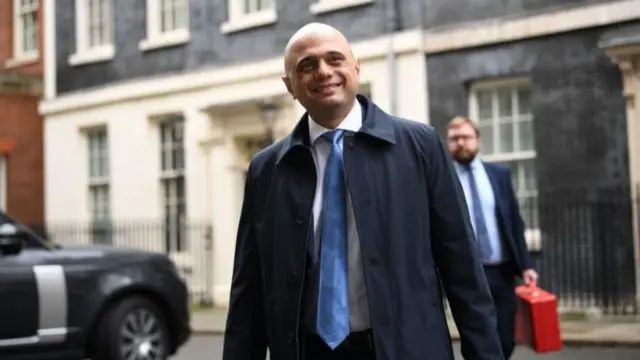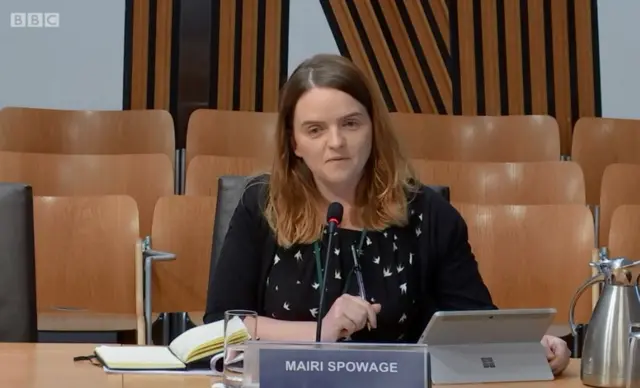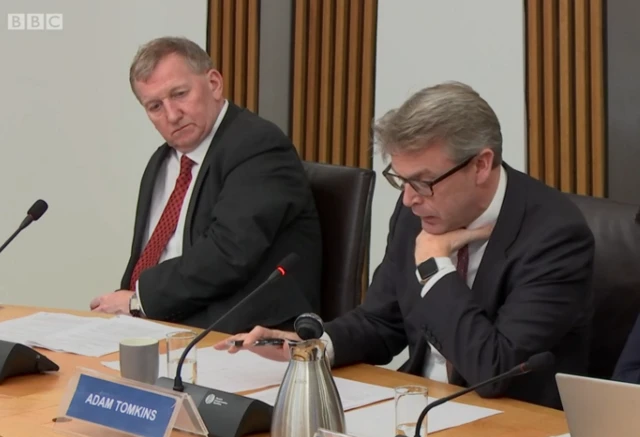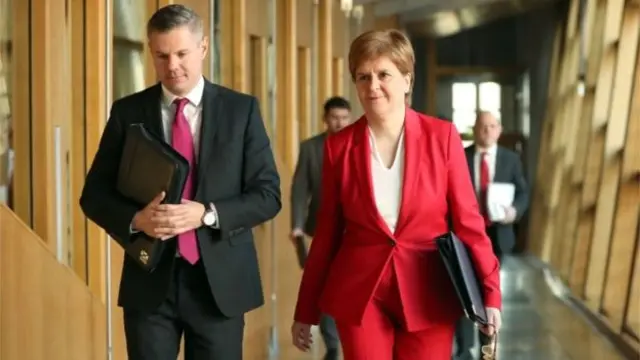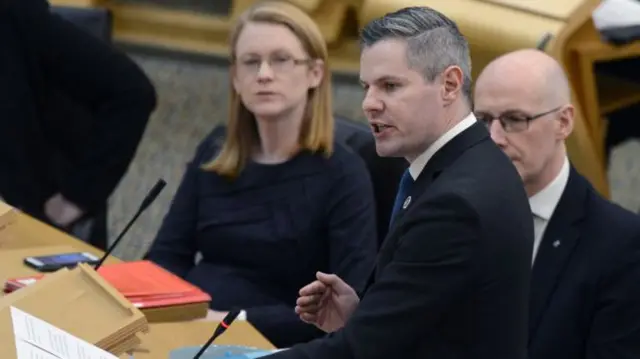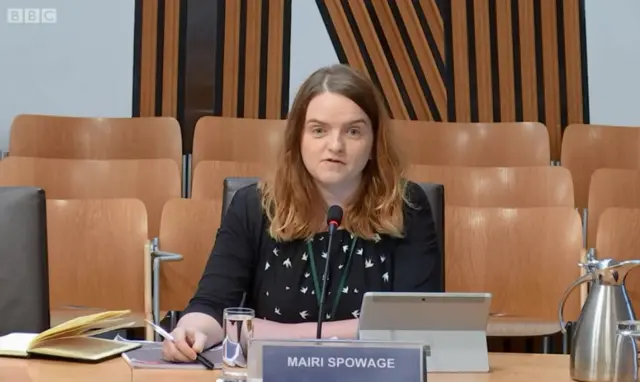Coming up...published at 11:21 GMT 29 January 2020
 Image source, PA Media
Image source, PA MediaFrom 1.30pm MSPs will debate whether to keep the European flag flying at the parliament during the Brexit transition period, despite the proposal having been rejected by the SPCB.
The Scottish government motion points out the UK will still be in the Council of Europe post-Brexit and "directs" the parliamentary authorities to keep flying the European flag.
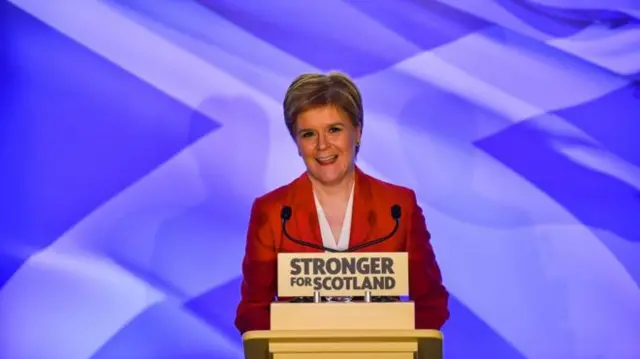 Image source, Jeff J Mitchell
Image source, Jeff J MitchellAfter health and local government questions, Nicola Sturgeon will lead a debate titled 'Scotland's future'. She is calling for the Scottish Parliament to be given the powers to legislate for indyref2.
The vote on this and the flags will be at 5pm.
Labour MSP David Stewart will lead the member's debate on palliative care at home.
